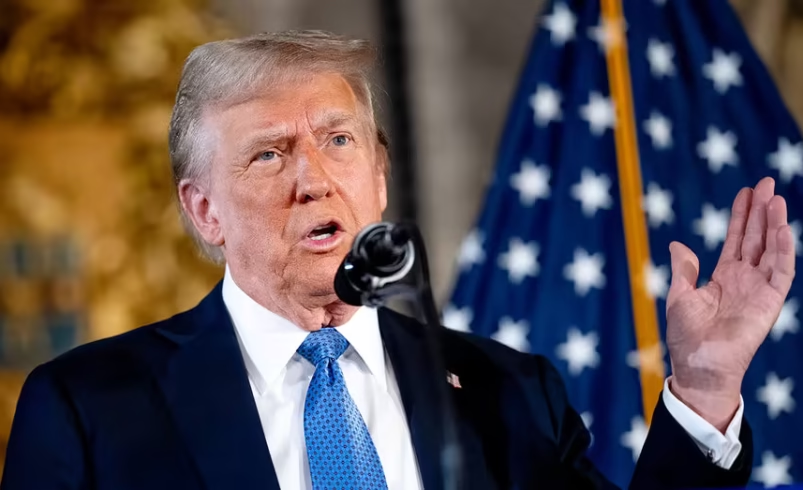White House Intensifies Efforts to Exclude Illegal Immigrants from Federal Benefits
- July 11, 2025
- 0

The White House has announced a significant initiative aimed at removing illegal immigrants from accessing taxpayer-funded benefits. This move is part of a broader strategy to curtail government waste, as articulated by the Trump administration. The administration has detailed new restrictions that will prevent illegal immigrants from benefiting from over 15 federal assistance programs, which collectively represent $40 billion in public spending.
The majority of the programs affected by these new restrictions are managed by the Department of Health and Human Services. Other impacted programs fall under the jurisdiction of the Departments of Education, Agriculture, Labor, and Justice. Key services that will become inaccessible to illegal immigrants include Head Start, substance abuse prevention and treatment programs, family planning benefits, and health workforce loans and scholarships.
This initiative aligns with President Donald Trump’s campaign promises of enforcing stricter immigration policies and reducing wasteful government expenditures. The announcement follows the recent passage of the One Big Beautiful Bill Act, a significant spending and tax reform bill. Medicaid, a crucial insurance program for low-income and disabled Americans, was a contentious issue during the bill’s legislative process.
Despite concerns that the bill might strip vulnerable Americans of healthcare access, White House press secretary Karoline Leavitt emphasized that Medicaid will be preserved for those truly in need. The bill mandates that able-bodied Medicaid recipients work or volunteer for approximately 20 hours a week, aiming to strengthen the program for those who genuinely require assistance.
Experts like Michael Cannon from the Cato Institute have expressed support for these changes, viewing them as reasonable expectations for taxpayers. Nina Schaefer from the Heritage Foundation described the Medicaid provisions as necessary administrative updates to enhance oversight and accountability in a program that has been operating without significant changes for over six decades.